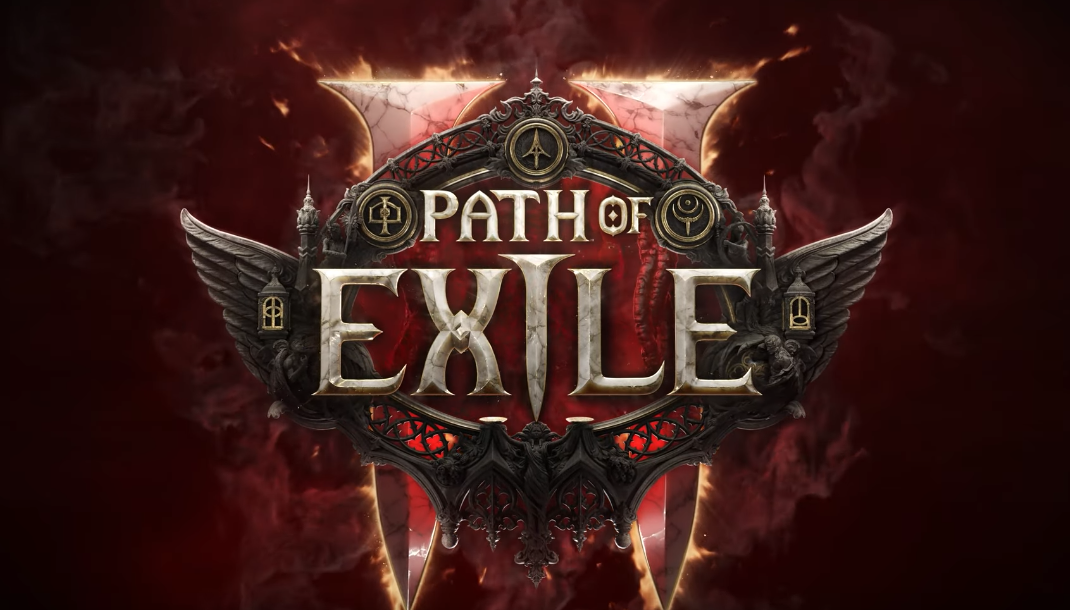Blurring the Lines Between Players and Developers
buy poe 2 currency introduces a groundbreaking economic system that challenges traditional boundaries by allowing players to interact with developers acting as non-player characters within the game world. This fourth-wall economy creates a unique trading environment where the developers themselves become active participants, offering limited edition items, exclusive currencies, or event-specific resources. By embedding the development team as NPC traders, POE 2 enriches the economic narrative, fostering a meta-layer of interaction that blurs the line between the game’s virtual economy and its real-world creators.
Mechanics of Developer-NPC Trading
Developer NPCs operate through specialized in-game marketplaces where players can exchange currencies, trade rare crafting materials, or obtain unique cosmetics unavailable elsewhere. These NPCs are programmed to adapt their inventories and prices based on real-time player demand, ongoing events, and feedback from the community. Occasionally, developers introduce experimental currency types or crafting mechanics accessible only through these NPCs, creating a dynamic market niche that incentivizes engagement and exploration. The presence of developer NPCs also allows direct communication channels, where player choices and trades influence future updates and economic balancing decisions.
Economic and Social Implications
The inclusion of developers as NPC traders has profound effects on both the economy and player culture. Economically, this system adds a controlled injection of rare resources and currencies, helping to stabilize or stimulate markets during periods of stagnation. It provides a direct avenue for developers to manage inflation or scarcity without heavy-handed patches, allowing more organic economic adjustments. Socially, players gain a sense of connection to the creators, fostering community trust and transparency. Trading with developer NPCs also sparks lively discussions and speculation about upcoming content and game direction, deepening the player experience beyond typical trading mechanics.
Balancing Transparency and Game Integrity
One of the key challenges in implementing the fourth-wall economy is maintaining fairness and balance while offering exclusive access to developer-controlled assets. Ensuring that these trades do not disrupt the broader market or create unfair advantages requires careful design and monitoring. Developers employ randomized availability, cooldown periods, and trade limits to prevent exploitation. They also maintain open communication channels to explain the rationale behind these special trades, reinforcing a sense of fairness. This delicate balance preserves the integrity of the economy while providing novel gameplay opportunities.
Innovations in Player-Developer Interaction
The fourth-wall economy represents a significant innovation in how players and developers engage within an online game. It transforms the development team from distant creators into interactive market participants whose decisions and trades have immediate in-game consequences. This model encourages ongoing dialogue and collaboration, enabling players to influence economic design directly through their interactions. It also opens possibilities for future features such as developer-run events, limited-time challenges tied to economic rewards, or community-driven currency experiments. By bringing developers into the economic fold, POE 2 redefines the boundaries of player agency and developer involvement.
Future Prospects and Broader Influence
As an experimental approach to virtual economies, POE 2’s fourth-wall economy offers valuable lessons for other online games and digital platforms. Integrating developers as active traders can enhance economic dynamism, improve transparency, and deepen player engagement. This model challenges conventional roles within gaming ecosystems and suggests new pathways for collaborative content creation and economic management. Beyond gaming, similar concepts could be applied to digital marketplaces and blockchain-based economies, where creators interact directly with users to shape value and innovation. POE 2 thus stands at the forefront of a potential paradigm shift in how digital economies function and evolve.

